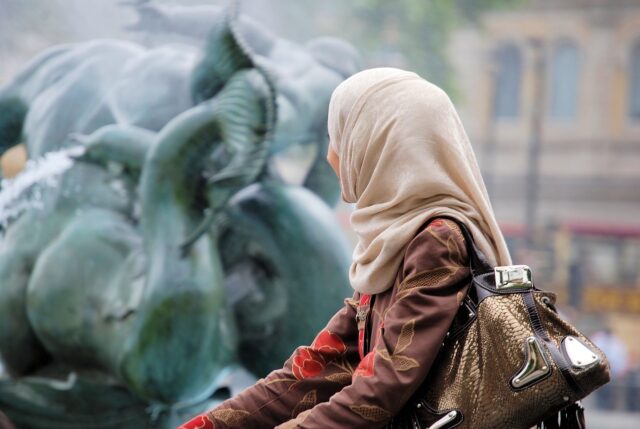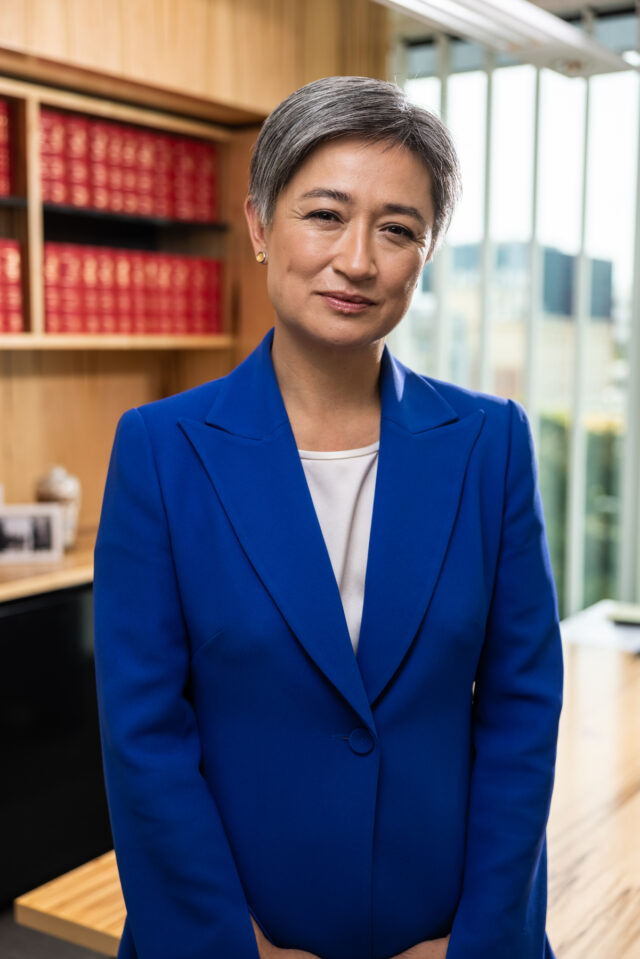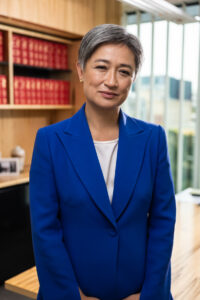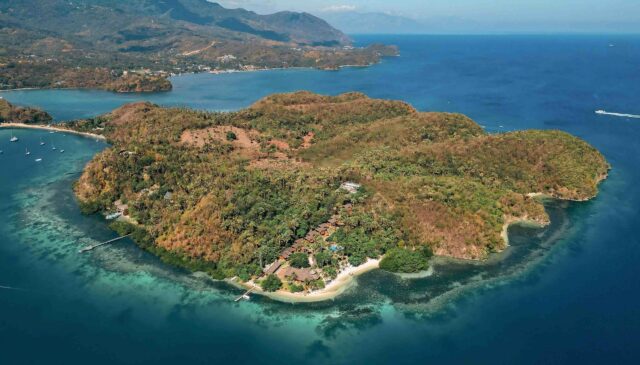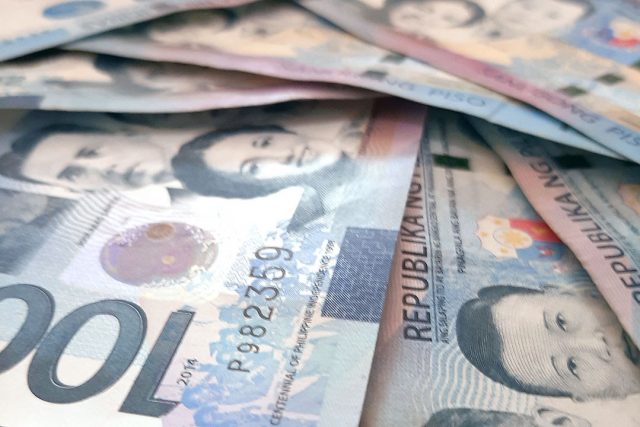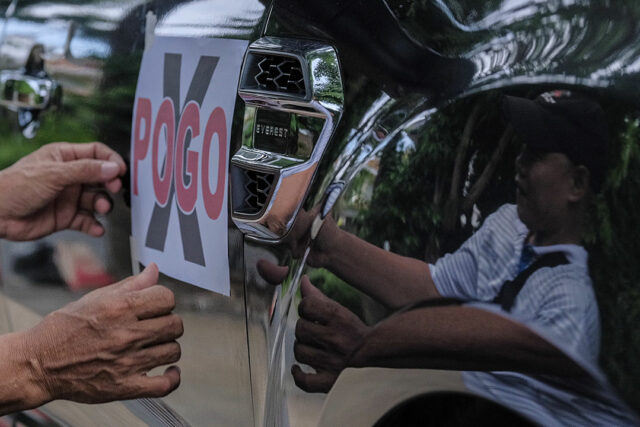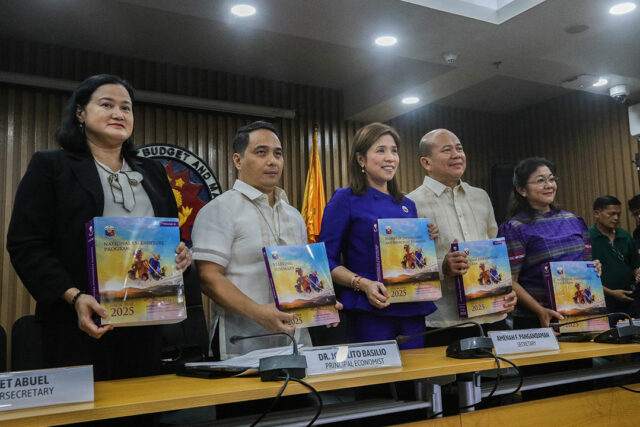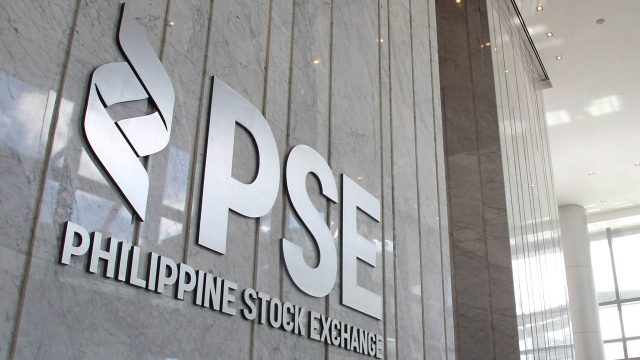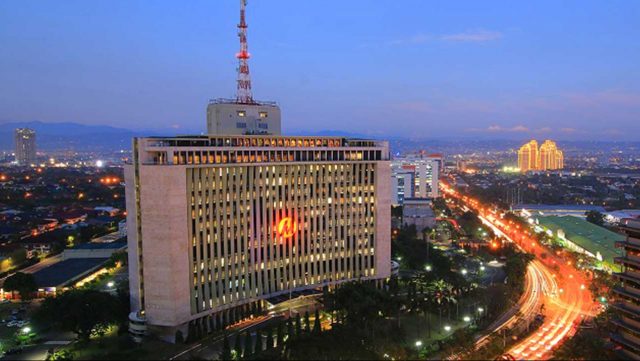Crickets get crunchy as Singapore approves edible insects amid food security push
SINGAPORE – At Singapore’s House of Seafood restaurant, the fish-head curry comes with a side of crunchy crickets, the tofu has bugs crawling out of it and the patrons can’t get enough.
The seaside restaurant is the first eatery to put insects on the menu after the city state’s stringent food authority this month approved for human consumption 16 species ranging from crickets to grasshoppers, grubs and mealworms after two years of deliberation.
Crickets and other insects have long been enjoyed as street food in Southeast Asia, but not in the wealthy financial hub, where food imports come with strict restrictions for safety and hygiene purposes.
Francis Ng, chief executive of House of Seafood, said customers love it when the dishes play up the insects, like that tofu dish he plated to look like bugs were crawling out of it, and a dish of glutinous rice balls studded with silkworms.
“It looks scarier so customers can film for their Tiktok,” said Mr. Ng, adding that his phone has been ringing off the hook with customers eager to book a tasting.
The restaurant has drafted a menu with 30 dishes that feature insects, which they can sell to the general public once their importers are approved by the food authority. For now, Ng is offering free samples.
In 2019, Singapore declared it was aiming to produce 30% of its nutritional needs by 2030 instead of the current model where 90% of food is imports, and food security expert Paul Teng said insects could certainly help move towards this goal – if people got over “the yuck factor”.
“Most insects are almost all protein,” said Mr. Teng, who works at the Nanyang Technological University’s S. Rajaratnam School of International Studies, adding that there needs to be local production to make this alternative protein source affordable.
“Getting people to accept insects in their diet is a challenge. But really, it’s a normal food item. Let’s do something about it to prepare the consumer for it,” he said. “Me personally, I have no problem eating insects.”
The United Nations has deemed bugs a sustainable source of protein to feed a global population estimated to swell to 9.7 billion by 2050 and global food security issues due to extreme weather and conflicts have also increased the interest in the high-quality, economical nutrition that bugs provide.
In Singapore, all insects approved for human consumption must be farmed in a controlled environment and not harvested from the wild, and cannot be fed contaminants like manure or rotten food, according to the food agency.
In tandem, the Food and Agriculture Organization has been promoting farming of insects for human consumption and animal feed, and there has been local interest to import insects, but cost remains a barrier for now: Ng said insects make up 10% of his costs at the House of Seafood, and they are all imported.
“The price is definitely higher than eggs,” he said.
It’s too early to tell if insects will become a feature of the Singapore diet or whether demand will fizzle out as it has for fake meat products.
But for now, some diners say they are happy to develop a taste for bugs.
“If they have a higher source of protein, why not? I’ll add it to my daily meal and daily food intake,” said Bregria Sim, a 23-year-old a logistics executive, adding she would pay around S$40 ($30) for the novelty dishes. – Reuters


